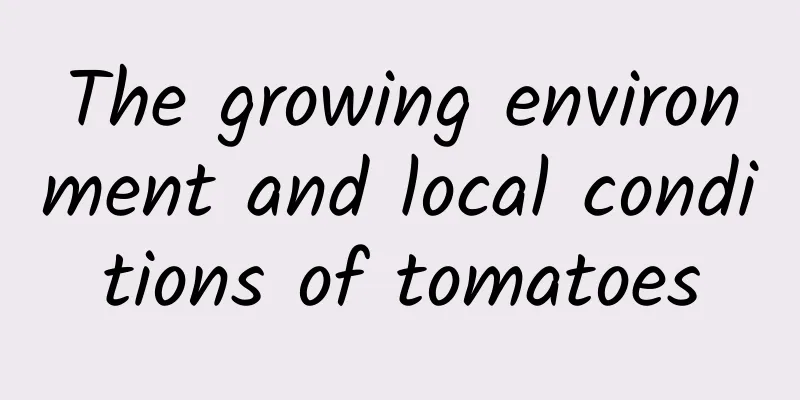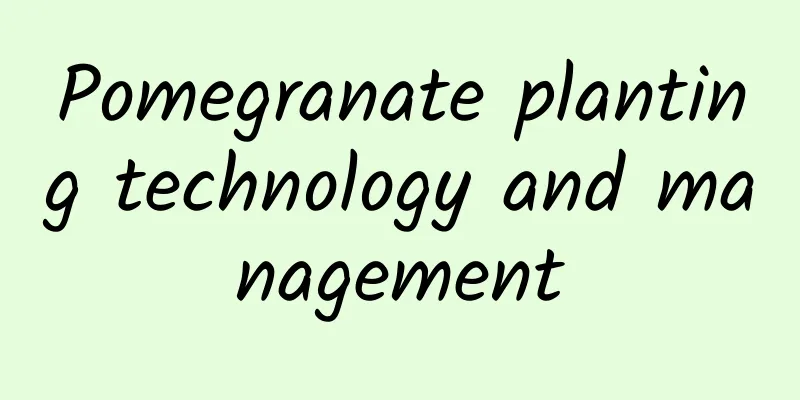The growing environment and local conditions of tomatoes

Tomato growing environment and conditionsTomatoes are cultivated on a large scale in greenhouses, plastic sheds and other protected facilities in European and American countries, China and Japan. They are a very widely grown fruit and vegetable. The United States, the former Soviet Union, Italy and China are the main producing countries. Tomato Growing ConditionsTomatoes have strong adaptability to the environment and are not picky about soil, but are suitable for planting in loam with deep, fertile soil, good drainage, and rich in organic matter. The pH value should be between 6 and 7. They like sunlight and well-ventilated environment, but need shade in summer. They like moisture, and the soil humidity needs to be around 70%, and the air humidity should be around 45%. Tomato growing temperatureTomatoes prefer a warm growing environment and are not cold-resistant. Generally speaking, the optimum temperature for assimilation is 20 to 25 degrees, and the optimum soil temperature for root growth is 20 to 22 degrees. Tomato growth processThere are two planting seasons for tomatoes, mainly from February to May and from July to September. The weather conditions during these two periods are relatively good and very warm, and the light intensity is not high, which is very suitable for the growth of young plants. 1. Germination period: After planting tomatoes, water them in time to keep the soil moist. After the seeds absorb water, they can germinate normally. When 3 to 4 true leaves grow, the growth and development of tomatoes enters the seedling stage from the germination stage. 2. Seedling stage: The seedling stage is the period from the time when the true leaves break through the heart to the beginning of bud formation. Tomatoes transition from heterotrophy to autotrophy. The reason for the rapid transition is the growth of the root system. The relationship between the root system and the growth of the aboveground parts during the seedling stage varies for different varieties. Early-maturing varieties take root quickly before flower bud differentiation, and late-maturing varieties will quickly surpass early-maturing varieties after flower bud differentiation. 3. Flowering period: The flowering period of tomatoes is from the appearance of buds to the formation of the first fruit. After the tomatoes are planted, it takes half a month to one month from budding to flowering. The time is shorter for early-maturing varieties, while the cultivation time is longer for mid-maturing varieties or varieties that are maintained in low temperatures. 4. Fruiting period: The fruiting period of tomatoes is from the time when the first inflorescence bears fruit to the time when the fruit matures and is harvested. It can grow indefinitely. As long as the environmental conditions are suitable, the fruiting period can be extended indefinitely. The price will only drop because the open-field tomatoes enter their peak production. |
<<: The growing environment and local conditions of cactus
>>: Peanut growing environment and growing conditions
Recommend
Tomato planting, cultivation and management technology
Tomatoes taste sweet and slightly sour, are juicy...
How to cultivate aquatic plants and precautions
Aquatic plant growth conditions Aquatic plants do...
Summary of reasons why flowers do not bloom
Summary of reasons why flowers do not bloom Impro...
Can I grow green radish at home?
1. Can I raise it? Of course it can be grown at h...
Where do blueberries grow?
1 The fruit of blueberry is blue in appearance an...
Can mangosteen be potted?
Can mangosteen be potted? Mangosteen seeds can be...
How to propagate perfume grass
Cuttings The propagation of fragrant grass is gen...
How to make the leaves of Tiger Piranha greener and what to do if the tips of the leaves turn yellow
1. How to make the leaves of Tiger Pilan greener ...
How to grow lucky bamboo to make it more vigorous
Lucky bamboo is suitable for growing in an enviro...
Tulip Growing Conditions and Characteristics
Tulip Growing Conditions Tulips grow well in warm...
What is the best month to plant mulberries?
When to plant mulberries It is more appropriate t...
What are the cultivation methods and precautions of Dripping Guanyin?
How to cultivate dripping guanyin The weeping ang...
How long is the growing period for broccoli?
How long is the growing period for broccoli? The ...
When do pear trees bloom?
Flowering period Pear trees actually bloom in a v...
How often should you water your peony?
How often should you water your peony? Generally,...









